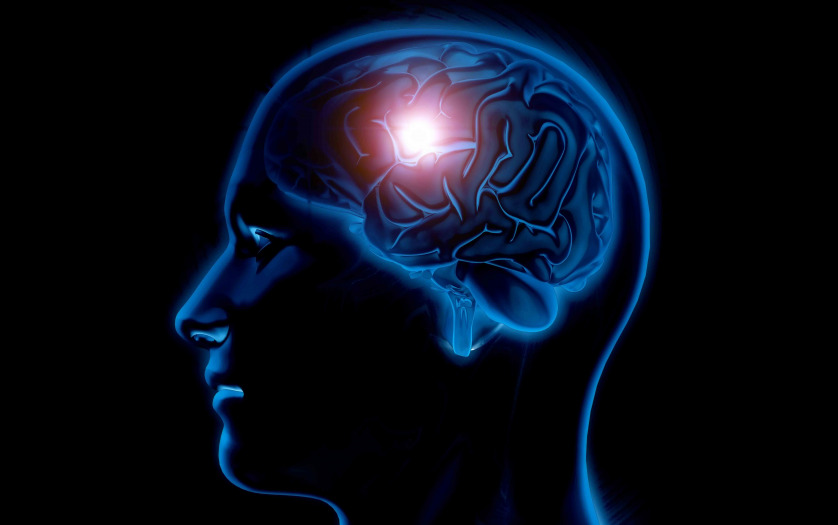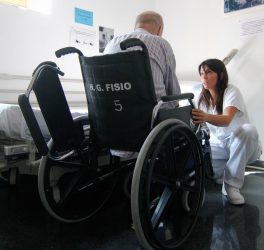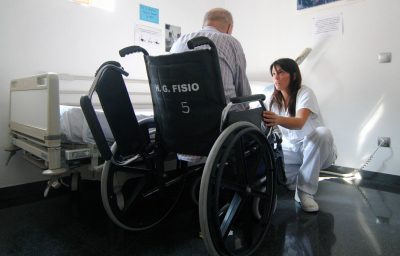
Asian ethnicity is strongly linked to COVID-related stroke, reveals an analysis of stroke centre activity in England and Scotland during the first wave of the coronavirus pandemic, and accepted for publication in the Journal of Neurology Neurosurgery & Psychiatry.
Among patients with ischaemic stroke, which is caused by a blocked artery, nearly 1 in 5 (20%) of those with COVID-19 infection when they had their stroke were Asian–more than twice the proportion seen in ischaemic stroke patients without COVID-19.
Ischaemic strokes were also more extensive and severe, and more likely to result in greater disability and death, when associated with COVID-19, the findings indicate.
Previous research has suggested that COVID-19 infection might make the blood stickier and so more liable to clot, so potentially boosting the risk of a stroke, but this finding has been undermined by the poor quality of the evidence to date and the reliance on comparisons with historical stroke data.
To obtain a clearer real-time picture of the potential impact of COVID-19 on stroke risk, the researchers collected data for 1470 strokes among patients admitted to 13 hospitals between March and July this year, during the first wave of the coronavirus pandemic.
During this period, there were 86 strokes in patients with evidence of COVID-19 at the time: 81 of these strokes were ischaemic (caused by blocked blood vessels); the remainder were intracerebral haemorrhages (caused by burst blood vessels).
Evidence of infection was determined by a positive coronavirus test within 4 days of admission or suspected COVID-19 at the time of admission and confirmed on testing at any point during the subsequent 10 days.
The features of these ‘COVID’ strokes were compared with 1384 (1193 ischaemic and 191 intracerebral) among patients admitted during the same time period, but with no evidence of COVID-19.
Ethnicity was recorded in 86% of COVID cases and 78% of non-COVID cases. Among patients with ischaemic stroke nearly 1 in 5 (19%) of those with COVID-19 infection when they had their stroke were Asian–more than twice the proportion seen in ischaemic stroke patients without COVID-19 (7%).
This rate was higher than that seen in people of Afro-Caribbean ethnicity. Dr Richard Perry, comments: “Our study suggests that COVID-19 has had more impact on strokes in the Asian community than in other ethnic groups. We cannot say from our data whether this is because Asians are more likely to catch COVID-19, but it seems unlikely that this is the sole explanation.








